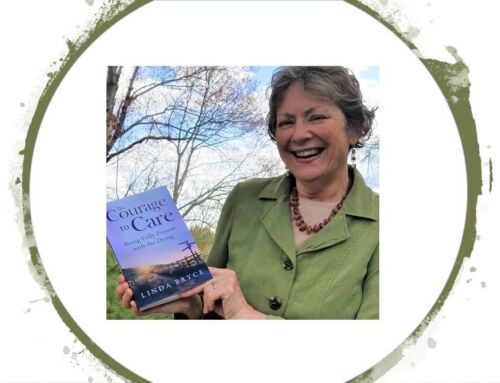The terms Property Valuation and Property Appraisal refer to two very different processes, and it’s important to understand what each term means, and when it is applicable.
The simple answer is a valuation involves a formal process and may have a legal standing, whereas an appraisal is informal and not legally binding.
Property Appraisals
A property appraisal is an estimate of price, usually given by a real estate agent. The agent uses their knowledge of the local area and recent sales, to provide a ‘guide only’ as to the price that might possibly be obtained for a particular property. They are usually requested by potential vendors, so there may be a temptation for higher values to be suggested. to gain the business. Appraisals are basically an opinion. They are generally free and have no legal standing.
Property Valuations
A formal property valuation determines the actual value of a property from an independent and impartial point of view. It’s is usually a complex process, and in most Australian states a formal valuation can only be provided by a qualified valuer who has the necessary education and training. This provides the security that all factors relevant to the particular property are adequately considered. A written report will be produced, and a fee charged.
When Do You Need a Valuation?
You need a property valuation when a definitive value is required, such as in a property settlement, dispute resolution, a deceased estate, asset accounting and management, to obtain finance to purchase, refinancing or to draw down on the equity in your property. Banks generally require a valuation when lending for property purchases, however under some circumstances they may opt for a restricted (drive by) or desktop (computer generated) valuation instead of a full formal valuation.
Deceased Estate Valuations
Whilst there are different reasons for valuations, there is something very special about the valuation of deceased estates and properties. This is mainly because the scope for misunderstanding and disputes regarding the situation are usually quite high.
At some point, the assets in the estate must be dealt with appropriately. Deceased estates and probate property settlements can often cause disputes, especially between beneficiaries who are most often family members. An independent valuation of the property ensures that the fair market value of the property can be established as at the ‘date of death’ or for pre-sale advice purposes. A Probate Valuation Report is usually required by the Probate office in your State or Territory.
It is one of many duties of an executor (or administrator) of a Will. An executor will be required to provide an estimate of the total value of all the assets, so that tax liabilities can be assessed correctly. It is usual in the case of a deceased estate, for the executor to obtain a ‘Grant of Probate’ of the Will and then have the title amended at the Land Registry before sale. It’s a fairly easy step nowadays to update the title from the deceased person’s name, to that of the Executor. The title will then show that the Executor has been granted Probate.
A probate property valuation report is also commonly used to help identify the fair market value of a deceased estate on behalf of the beneficiaries. Before selling or transferring the family home, it is wise to engage an independent property valuer for peace of mind that you are aware of the property’s full current value. Know what the property is worth before entering into negotiations with real estate agents or family members.
An independent Property Valuation Report will be required by the Office of State Revenue to confirm the stamp duty payable on all sales between related parties. This is also the case if ‘gifting’ the property.
Also, superannuation funds require valuations of properties held within the fund to accurately report the value of the fund. Check with your particular super fund about how often this is required. It may be annually or every three years.
Finally, some property valuers may offer a discount on all services provided to Seniors Card and Carers Card holders.
For more detailed information click here ‘Valuations of Deceased Estates – Your Life Assist’.






